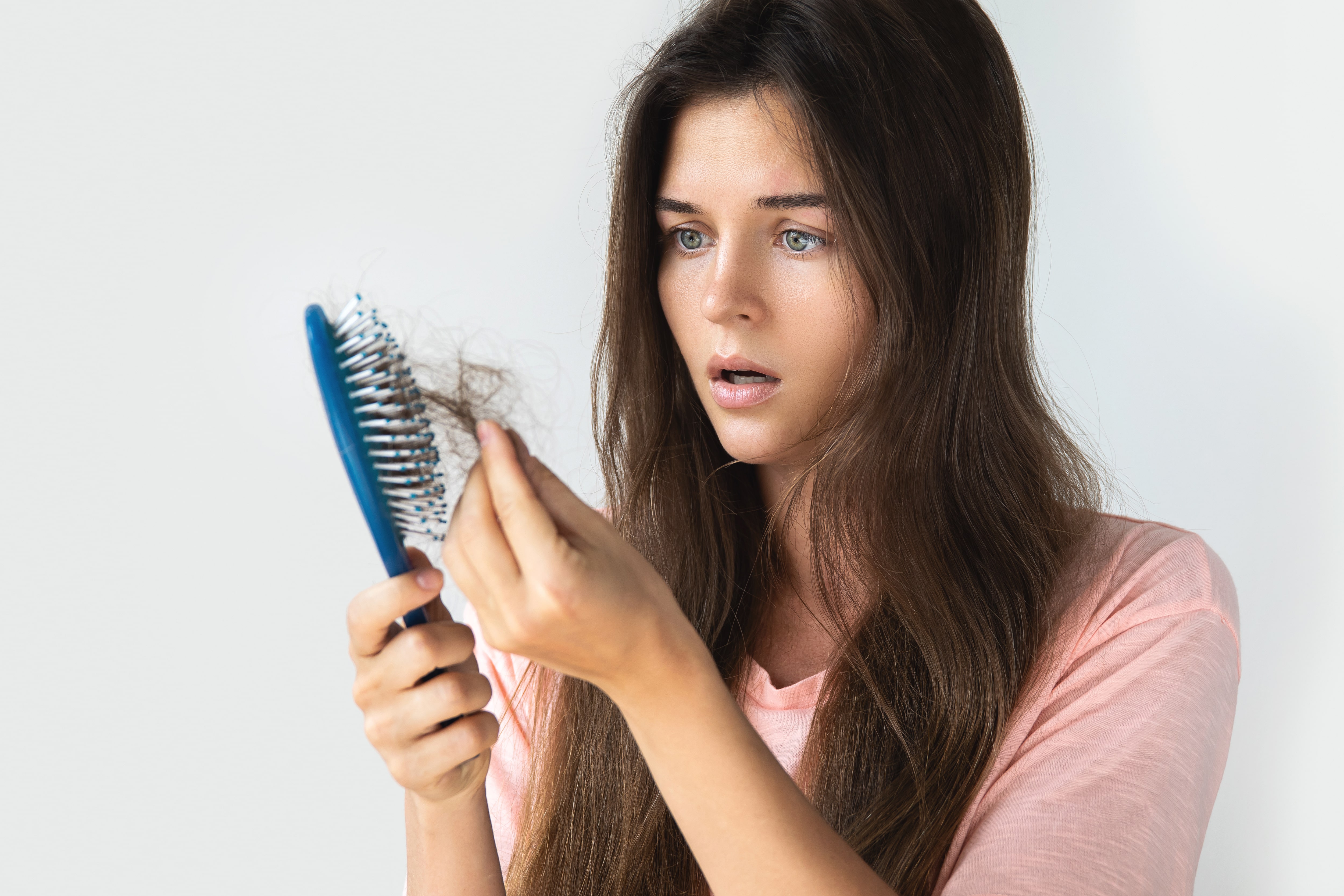Hair Loss in Women: Causes and Modern Treatment Options

Hair loss in women is a common concern that can significantly impact confidence and overall well-being. Unlike men, women often experience diffuse thinning rather than complete bald spots, which can make it harder to identify and treat. Understanding the causes of hair loss and exploring modern treatment options can help women regain healthier, fuller hair while addressing the underlying issues.
Common Causes of Hair Loss in Women
Hair loss in women can result from a variety of factors, including hormonal changes, genetics, stress, medical conditions, and nutritional deficiencies. Identifying the cause is essential for choosing an effective treatment plan.
- Hormonal Imbalances
Hormones play a crucial role in hair growth. Conditions such as polycystic ovary syndrome, menopause, and thyroid disorders can lead to hair thinning and shedding. Fluctuations in estrogen and progesterone levels can disrupt the hair growth cycle and result in noticeable hair loss. - Genetic Factors
Androgenetic alopecia, also known as female pattern hair loss, is a hereditary condition that affects many women. It typically causes gradual thinning at the crown and frontal scalp and can start as early as the twenties or thirties. - Stress and Lifestyle Factors
Physical or emotional stress can trigger telogen effluvium, a condition in which hair follicles prematurely enter the resting phase, leading to temporary shedding. Poor sleep, excessive dieting, and lifestyle stressors can exacerbate hair loss. - Medical Conditions and Medications
Certain medical conditions, including autoimmune diseases, scalp infections, and chronic illnesses, can affect hair health. Medications such as chemotherapy drugs, blood thinners, and some antidepressants may also contribute to hair thinning. - Nutritional Deficiencies
Hair requires essential nutrients to grow, including iron, vitamin D, zinc, and biotin. Deficiencies in these nutrients can weaken hair follicles and lead to shedding.
Modern Treatment Options
Modern hair restoration treatments for women focus on addressing the underlying cause of hair loss and promoting hair regrowth. Treatments range from topical therapies to medical supplements and advanced procedures.
- Topical Treatments
Minoxidil is a widely used topical solution that stimulates hair follicles and promotes regrowth. It is effective for many women with androgenetic alopecia and can be combined with other therapies for enhanced results. - Medical Supplements and Oral Medications
Nutritional supplements containing biotin, vitamins, and minerals support overall hair health. In some cases, oral medications such as spironolactone or finasteride may be prescribed to address hormonal causes of hair loss. - Platelet-Rich Plasma Therapy
PRP therapy involves drawing a small amount of the patient’s blood, processing it to concentrate the platelets, and injecting it into the scalp. The growth factors in PRP stimulate hair follicles, improving thickness and density. - Low-Level Laser Therapy
Laser therapy uses specific wavelengths of light to stimulate hair follicles and improve circulation to the scalp. This non-invasive treatment can be effective for mild to moderate hair thinning. - Hair Transplantation
For advanced cases of hair loss, hair transplant procedures provide a permanent solution by relocating healthy hair follicles to thinning areas. Modern techniques allow for natural-looking results with minimal downtime.
Take the Next Step
For women experiencing hair thinning or hair loss, Capitis Medical & Aesthetics offers expert Hair Restoration Medicines & Supplements in San Diego, CA. Schedule a consultation today to explore personalized treatments designed to restore hair health and confidence.


